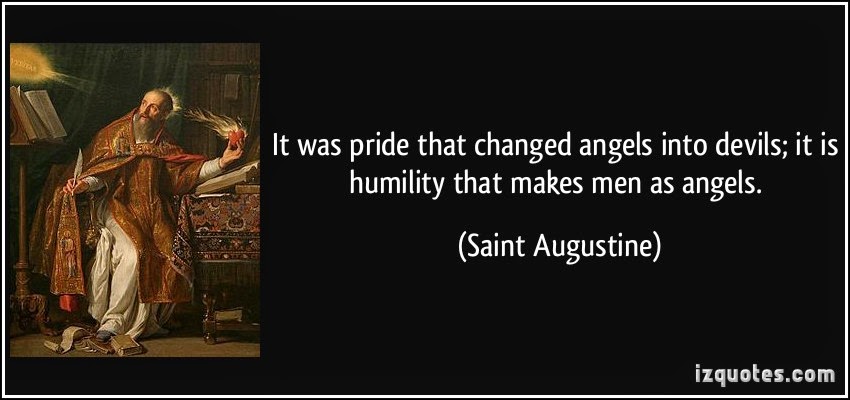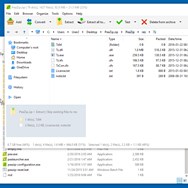
For special characters you should use (the escape character) before them.
Peazip quote character password password#
(using it for TFS Release pipeline, to create a virtual directory and this password belongs to a service user and saved in a global variable as secret input, and TFS puts that password string in doublequotes when creating the command). What matters is how you pass your password to the unrar program in terminal. Furthermore, you can find the Troubleshooting Login Issues section which can answer your unresolved problems and equip you with a lot of relevant information. I need to use this inside an automatically created command line command. Peazip Password Protect LoginAsk is here to help you access Peazip Password Protect quickly and handle each specific case you encounter. Another try, this time with double and single quotes on the outside. I have this password, dse&475EY(HSM'cznGB. $string = ConvertTo-SecureString -String (::Escape($string)) -AsPlainText -Forceīut $G is still missing. Marcus Aurelius Reputation is what men and women think of us character is what God and angels know of us. That's fine, but $G is not included (replaced by a backslash) and what about when my string has a double quote inside? James Allen Such as are your habitual thoughts, such also will be the character of your mind for the soul is dyed by the thoughts. $string = ConvertTo-SecureString -String $string -AsPlainText -Force

For special characters you should use \ (the escape character) before them. That doesn't work, so I tried wrapping my string in double quotes, instead of single quotes. What matters is how you pass your password to the unrar program in terminal.

Sometimes it looks like sometimes it looks like do not have any control over the character set used to generate the string, but I need to have Powershell stop complaining that the string cannot be parsed and to give me all of the characters.


 0 kommentar(er)
0 kommentar(er)
